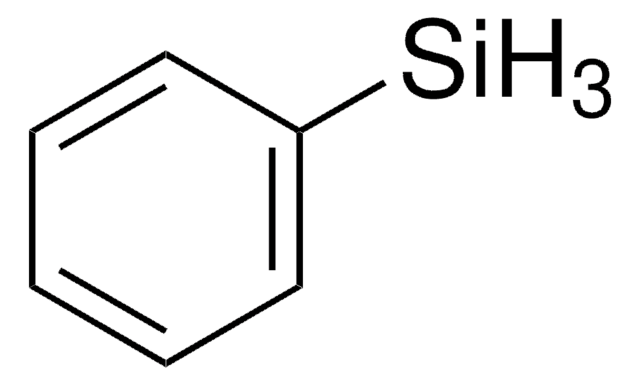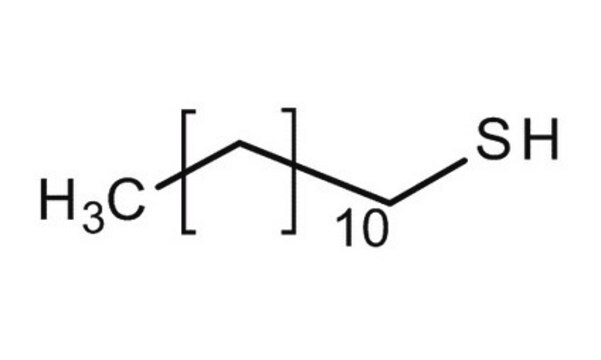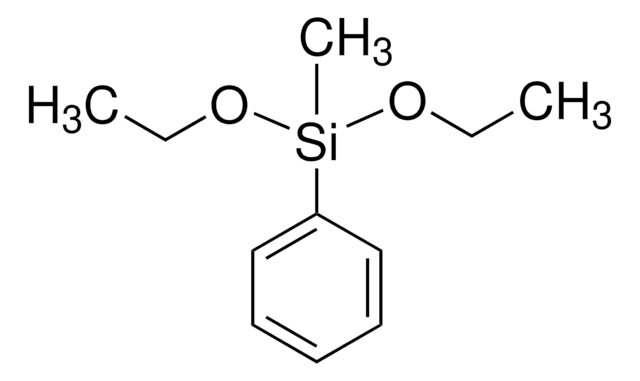471364
1-Dodecanethiol
≥98%
Synonym(s):
n-Dodecyl mercaptan, Dodecyl mercaptan, Lauryl mercaptan, Mercaptan C12, NDM
About This Item
Recommended Products
vapor density
7 (vs air)
Quality Level
Assay
≥98%
refractive index
n20/D 1.459 (lit.)
bp
266-283 °C (lit.)
density
0.845 g/mL at 25 °C (lit.)
SMILES string
CCCCCCCCCCCCS
InChI
1S/C12H26S/c1-2-3-4-5-6-7-8-9-10-11-12-13/h13H,2-12H2,1H3
InChI key
WNAHIZMDSQCWRP-UHFFFAOYSA-N
Looking for similar products? Visit Product Comparison Guide
General description
Application
Signal Word
Danger
Hazard Statements
Precautionary Statements
Hazard Classifications
Aquatic Acute 1 - Aquatic Chronic 1 - Eye Dam. 1 - Skin Corr. 1C - Skin Sens. 1A
Storage Class Code
8A - Combustible corrosive hazardous materials
WGK
WGK 3
Flash Point(F)
262.4 °F - closed cup
Flash Point(C)
128 °C - closed cup
Personal Protective Equipment
Choose from one of the most recent versions:
Already Own This Product?
Find documentation for the products that you have recently purchased in the Document Library.
Customers Also Viewed
Articles
Hexafluoroalcohol-functionalized methacrylate monomers for lithographic/nanopatterning materials
1-Adamantanethiol (1-AD), an example in this spectrum of molecules with distinct chemical and physical properties, forms self-assembled monolayers (SAMs) on Au{111} that are displaceable when exposed to other thiolated molecules from solution, vapor, or contact due to weak intermolecular interactions in 1-AD SAMs.
Solvothermal synthesis is a method for preparing a variety of materials such as metals, semiconductors, ceramics, and polymers.
Self-assembled monolayers (SAMs) have attracted enormous interest for a wide variety of applications in micro- and nano-technology. In this article, we compare the benefits of three different classes of SAM systems (alkylthiolates on gold.
Global Trade Item Number
| SKU | GTIN |
|---|---|
| 471364-18L | 4061832359953 |
| 471364-25ML | |
| 471364-2L | 4061832359960 |
| 471364-100ML | 4061832359946 |
| 471364-1L | |
| 471364-500ML | 4061837486593 |
| 471364-5L |
Our team of scientists has experience in all areas of research including Life Science, Material Science, Chemical Synthesis, Chromatography, Analytical and many others.
Contact Technical Service














